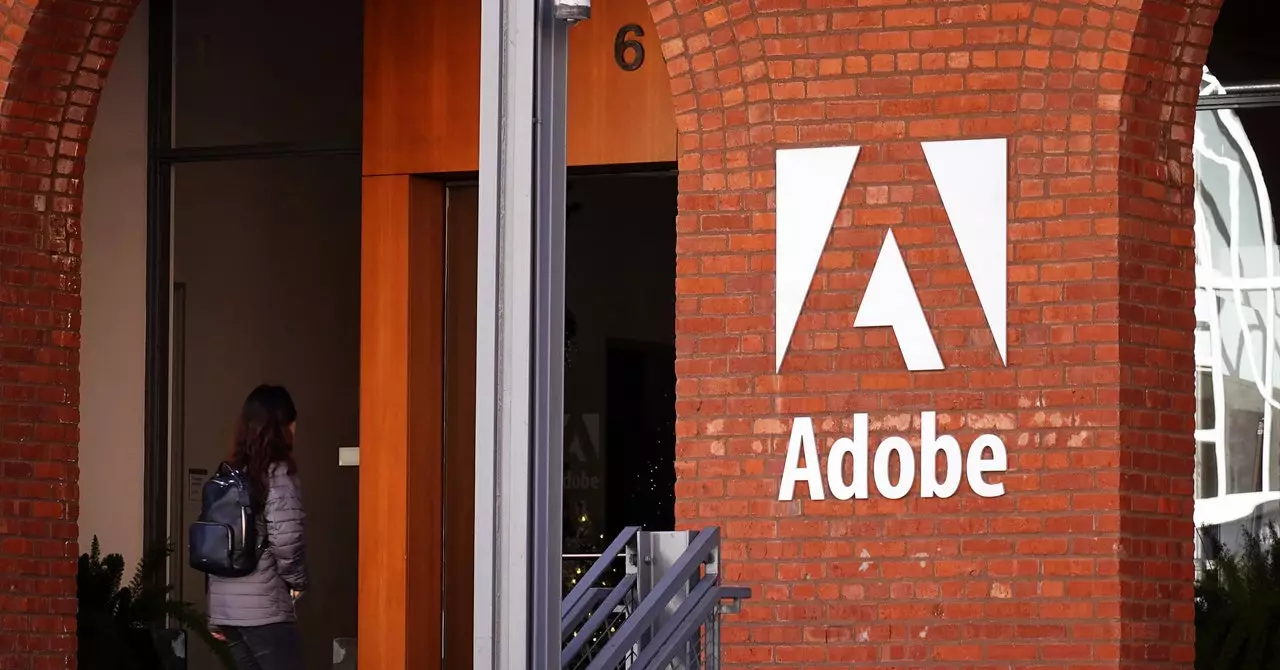When Adobe quietly updated its terms of service in February, it sent shockwaves through the artistic community. The new terms raised concerns about the company’s access to user content and the potential use of generative AI for training purposes. This article delves into the implications of Adobe’s updated terms of service on artists and the wider creative industry.
The updated terms of service caused a significant uproar among artists, who felt that Adobe was overstepping its boundaries with access to their work. Many artists rely heavily on Adobe’s suite of tools for their creative endeavors, making the idea of the company accessing and potentially using their content without consent even more troubling. The case of award-winning artist Brian Kesinger discovering his art style being replicated and sold on Adobe’s stock image site without his permission is just one example of the breach of trust felt by artists.
The clarification issued by Adobe, stating that they would not use user content to train their generative AI known as Firefly, did little to assuage the concerns of artists like Jon Lam. Despite Adobe’s assurances, many artists remain skeptical about the company’s true intentions. The fear of nonconsensual use and monetization of copyrighted work by AI models is a valid concern that has been highlighted by previous cases, such as the class action lawsuit against Midjourney, DeviantArt, and Stability AI.
Adobe’s position as the industry standard for creative software has given it a significant amount of power in the market. The attempted acquisition of product design company Figma, which was later blocked due to antitrust concerns, demonstrates Adobe’s dominance. This level of influence raises questions about how a change in Adobe’s terms of service could potentially threaten the livelihoods of artists who rely on their platform for their work.
Adobe’s updated terms of service have sparked a crucial discussion within the artistic community about trust, consent, and the implications of AI technology on creative work. While Adobe has attempted to clarify its position, the skepticism among artists remains high. It is essential for companies like Adobe to prioritize transparency and respect for artists’ intellectual property rights to maintain trust within the creative industry.


Leave a Reply